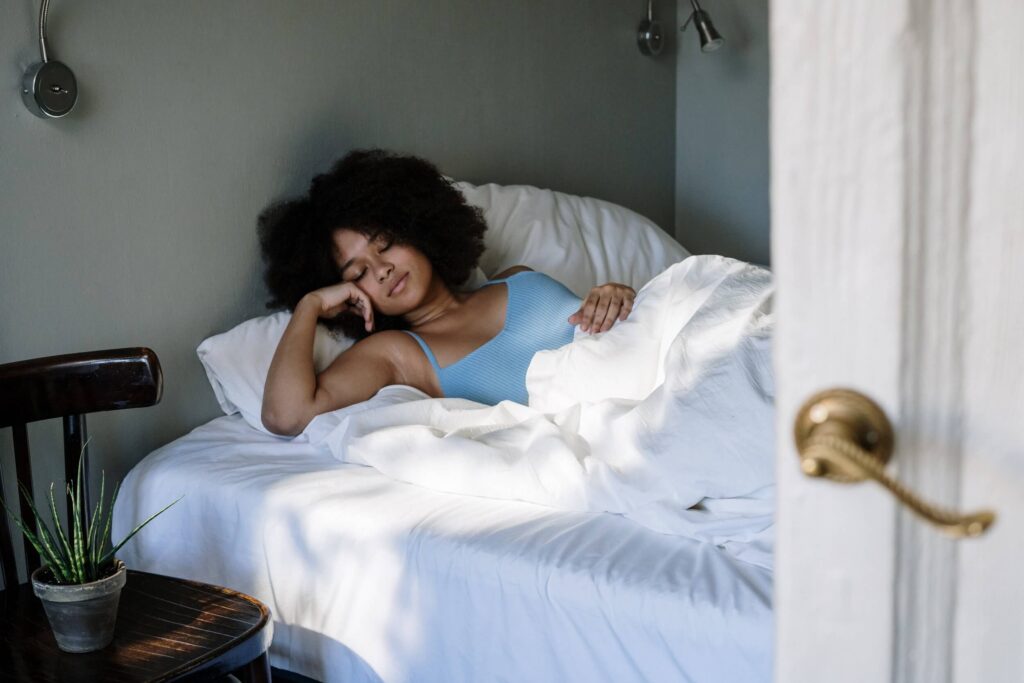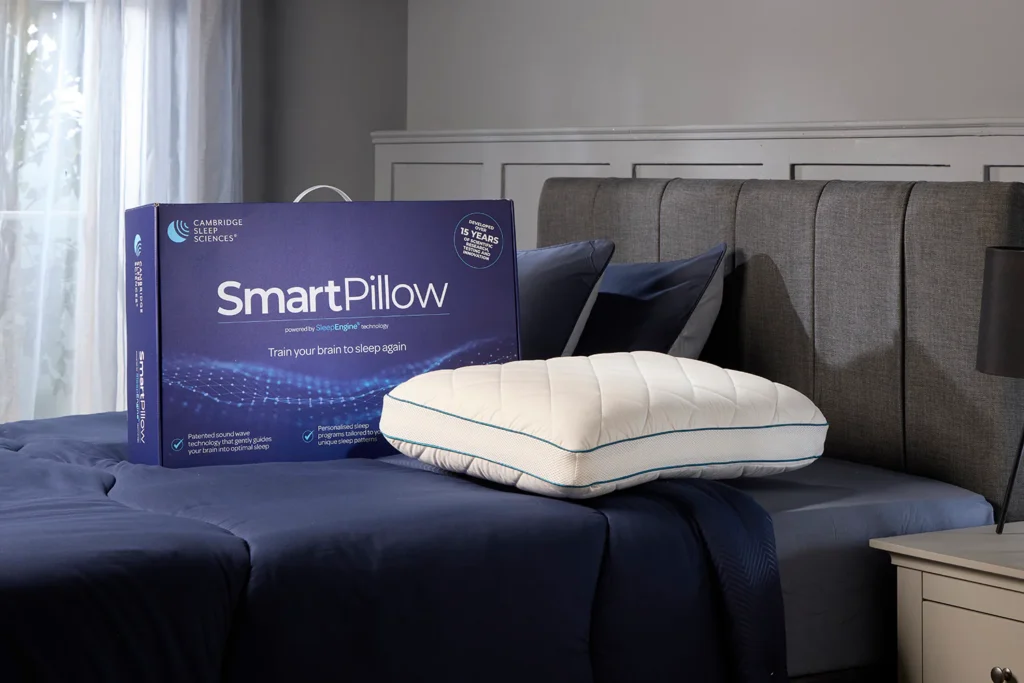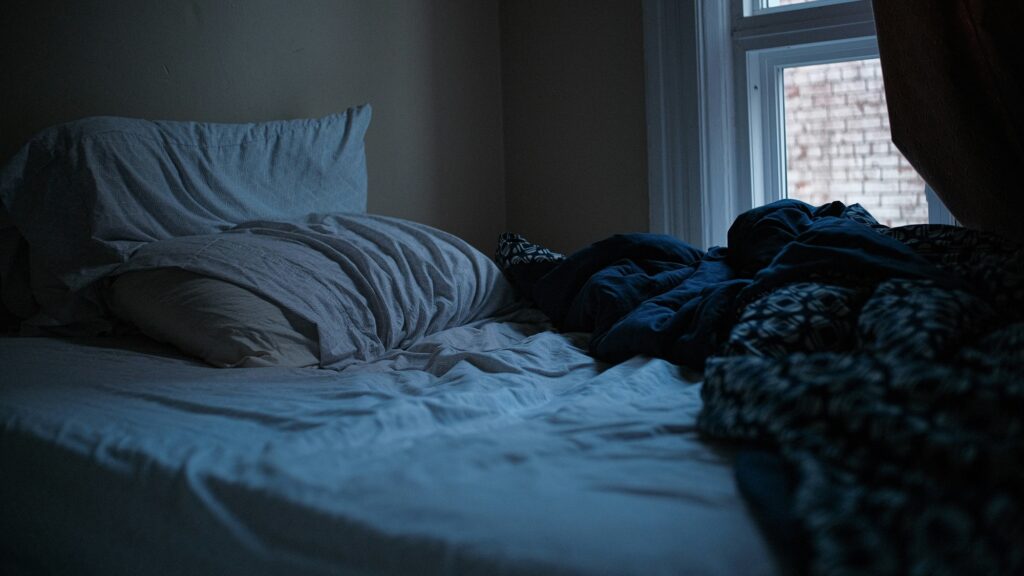For many people, it almost feels like clockwork: you finish your lunch, and a few minutes later, you start to feel drowsy, your eyelids start drooping and you simply have to take a nap.
Many people wonder why they frequently feel sleepy in the afternoons, particularly on a hot day or after a heavy meal.
In fact, there are a variety of scientific explanations for this phenomenon. A drop in energy levels after a meal is called postprandial somnolence, which might be related to factors such as certain types of foods, the timing of meals, circadian rhythm and so on.
Let’s look at a few potential reasons why you feel sleepy after lunch and what you can do to avoid it.
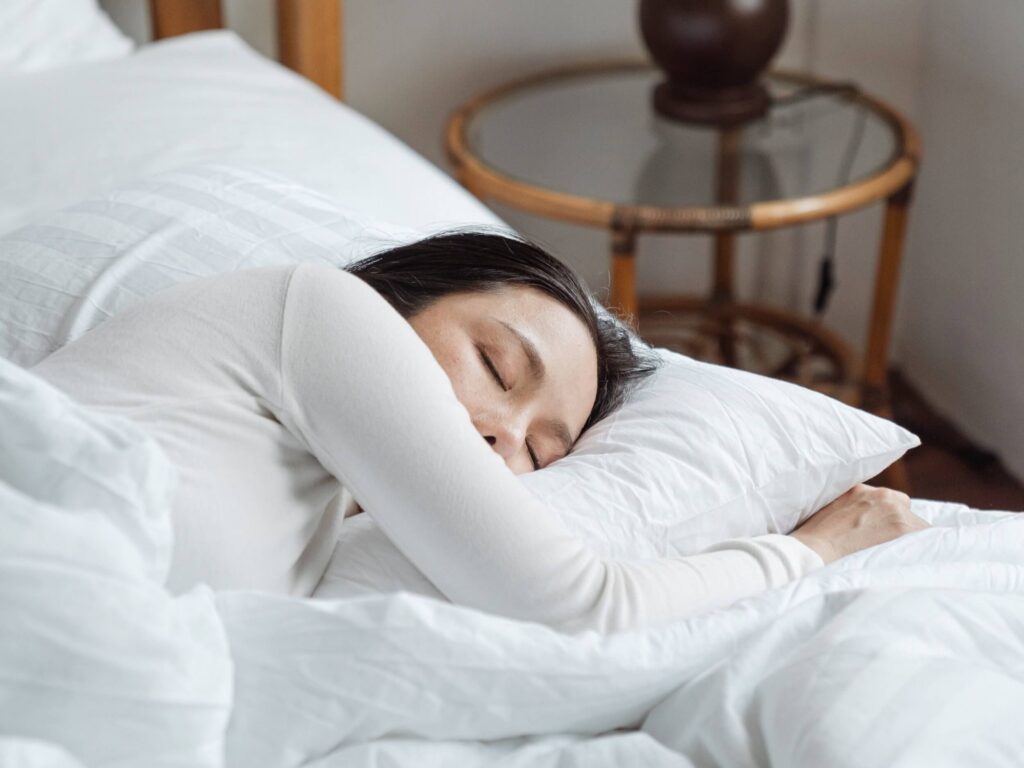
Highlights
- The sudden drowsiness or sleepiness many people feel after lunch is related to factors like types of foods consumed, timing of meals and circadian rhythm,
- Foods that are high in tryptophan or carbohydrates might be linked to an increased feeling of post-meal sleepiness,
- Strategies like eating smaller meals, good quality sleep, power naps and caffeine can help in avoiding post-meal sleepiness.
Read next: The huge brain-boosting power of naps explained
Possible Causes Of Feeling Sleepy After Eating
The sudden drowsiness or sleepiness you may feel after lunch, or in the afternoons, is caused by a variety of possible reasons. They include:
- Size and composition of the meal: People are more likely to experience postprandial somnolence after eating a large meal. The reason for this is the sudden rise in blood sugar, causing a dip in energy levels, which then might lead to a slump. This is particularly common when eating meals that are heavy in carbohydrates since they contain more blood sugar when broken down during digestion.
However, it’s important to note that while some studies have reported that meals that are richer in protein and carbohydrates tend to increase drowsiness; others have found no significant difference based on the composition of the meal.
- Hormones that help induce sleep: Some researchers suggest that feeling sleepy after lunch could be tied to increased serotonin production. Serotonin is a chemical that plays a role in mood and sleep regulation.In many protein-rich foods, an amino acid called tryptophan is present, which helps the body produce more serotonin. The body converts tryptophan into serotonin and then melatonin (a hormone associated with the control of the sleep-wake cycle), leading to increased sleepiness.
Moreover, there are tiny amounts of melatonin present in some foods as well which may increase sleepiness or reduce alertness, such as red grapes and sour cherries. Foods that are high in tryptophan include lean poultry, fish, beans, egg whites, milk, nuts and seeds, and foods high in carbohydrates include processed foods, grains and starchy staples like wheat, rice, pasta and potatoes. Carbohydrates help with the conversion of tryptophan to serotonin, and thus may contribute to sleepiness as well. - Poor sleep at night: Another obvious reason for feeling sleepy in the day, particularly after lunch, is a lack of sufficient sleep at night or having trouble getting 7 or 8 hours of proper sleep. Due to this, you may be more tired, or levels of chemicals like adenosine (a hormone linked to tiredness or sleepiness), melatonin and serotonin may be imbalanced, causing a person to feel more sleepy during the day. Those who experience prolonged sleep deprivation or sleep disorders such as sleep apnea may be particularly prone to this.
- Drinking along with a meal: Drinking alcohol is known to cause drowsiness or sleepiness; during the day, a drink along with lunch can often enhance the effects of adenosine. However, a limited quantity of alcohol is usually not the primary reason for the sudden onset of sleepiness after eating.
Circadian Rhythm And Sleep
Another major factor for post-lunch drowsiness is the natural timing of your levels of sleepiness or tiredness, which is related to internal bodily processes.
This is driven by your circadian rhythm and your sleep drive, which is your body’s need for sleep at any given time. The circadian rhythm is a twenty-four hour cycle that regulates the body’s internal clock and controls wakefulness and sleep through the day.
Your sleep drive is linked to the build-up of adenosine, which gradually increases throughout the day and usually reaches its peak close to bedtime. The greater the level of adenosine in the brain, the greater a person’s desire for sleep.
For most people who wake up between 6 and 8 a.m., there is a dip in the pattern of the circadian rhythm in the afternoon, which usually occurs about seven to eight hours after waking up.
This usually coincides with the time after lunch, so the effects of a blood sugar rise and slump or of certain hormones or neuro-transmitters (such as melatonin or serotonin respectively) is felt more acutely, causing one to feel sleepy.
People who are night owls and naturally tend to sleep and wake later than usual report a delay in the timing of this lull due to an altered circadian rhythm, causing them to feel sleepy several hours later.
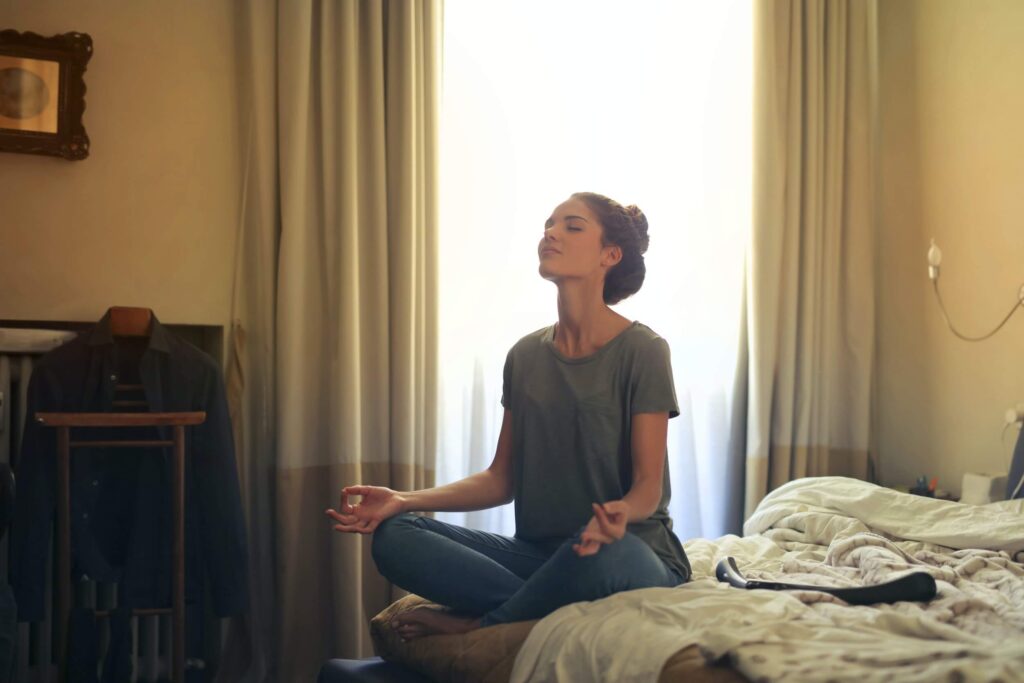
How To Avoid Tiredness After Lunch?
For people who have to work through the day, operate machinery, drive or perform other tasks that require greater alertness, feeling tired after lunch can be particularly frustrating.
There are a few strategies that can be employed in order to reduce the feeling of postprandial somnolence. These include:
- Eating smaller portions more frequently: Studies have shown that the effects of eating on night shift workers led to those who’d eaten feeling more sleepy at 4 a.m. than those who had not. Eating smaller meals, snacks every few hours and things like fruits or nuts rather than a big meal could help to keep energy levels up while avoiding sudden changes in blood sugar levels.
- Light exercise in the day: Some amount of regular exercise during the day, particularly walking after eating, has been reported to help people feel less tired and aid digestion.
- Power naps: A quick nap of ten or twenty minutes often helps with reducing adenosine levels and refreshing you during the day.
- Exposure to daylight or bright light therapy: Studies have found that exposure to bright light or daylight reduces levels of tiredness. This is a common reason why so many offices are brightly lit.
- Moderate amounts of caffeine: Caffeine is a stimulant that reduces drowsiness or tiredness in moderate amounts for most people. So consuming it—whether as coffee, green tea or in some other form—before lunch can help with avoiding postprandial somnolence. Staying sufficiently hydrated can also help with alertness and avoiding drowsiness.
- Good quality sleep: Getting sufficient sleep around the same time each night is a major factor in avoiding post-meal tiredness. Sleep deprivation is a big reason why adenosine levels increase and good quality sleep can help address that issue.
- Avoiding alcohol: Frequent consumption of alcohol or consuming alcohol with meals often enhances sleepiness or tiredness and disrupts sleep patterns. It’s best to avoid it or consume it in smaller amounts if you frequently feel sleepy after meals.
If, despite all of these practices, a person feels constantly tired after eating and it affects their quality of life or ability to function.
This may be a sign of an underlying problem such as a food allergy or intolerance, celiac disease or even diabetes. In such cases, they should consult a doctor or medical professional.
Conclusion
Although feeling tired or sleepy after lunch (or any meal) is not at all unusual or a cause for concern, it is interesting to know the reasons behind why it happens and see what it might suggest about your sleep cycle and circadian rhythm.
By getting sufficient sleep, being aware of the composition of your meals, eating lighter and avoiding alcohol, it’s possible to reduce this feeling of tiredness in the afternoons for those who need to.
Disclaimer: The contents of this article are for general information and educational purposes only. It neither provides any medical advice nor intends to substitute professional medical opinion on the treatment, diagnosis, prevention or alleviation of any disease, disorder or disability. Always consult with your doctor or qualified healthcare professional about your health condition and/or concerns and before undertaking a new healthcare regimen including making any dietary or lifestyle changes.
References



